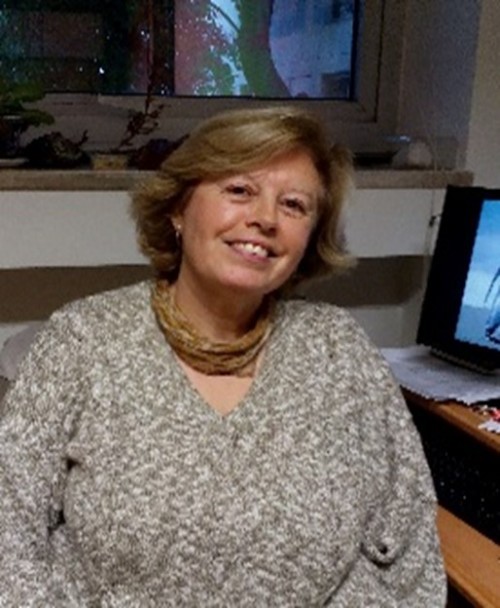Cecília Galvão
Portugal

Cecília Galvão is a full Professor in the Institute of Education, University of Lisbon. She has a background in Biology and a PhD in Education. She coordinates the PhD Programme in Sustainability Science of the University of Lisbon, the PhD in Education and the Joint Master Degree in Scientific Culture and Outreach of Sciences. She also coordinates the master programme on Biology and Geology teaching. She coordinates the Science Education Research Group and develops research in science education and teachers’ professional development. She has been the coordinator responsible for the document Curricular Guidelines for Physical and Natural Sciences for the 3rd cycle of Basic Education (12-15 age), implemented in 2002/2003, and coordinated a national project to evaluate the national science curriculum (2009-2013). She has been the Portuguese coordinator of EU Projects FP6 PARSEL- Popularity and Relevance in Science Education for Scientific Literacy (SAS6-CT-ZAA6-A42922-FP6-2006-2009) and FP7 SAILS – Strategies for assessment of inquiry learning in science (FP7-SCIENCE-IN-SOCIETY-2011-2015). She is a member of The Citizen Science Cost Action CA15212-Citizen Science to promote creativity, scientific literacy, and innovation throughout Europe (2016-2020) and the Portuguese coordinator of Erasmus+ High Fliers - Highly Interactive Guidance Helpful For Leadership In Educationally Relevant Skills (2020-2023).dance Helpful For Leadership In Educationally Relevant Skills (2020-2023).